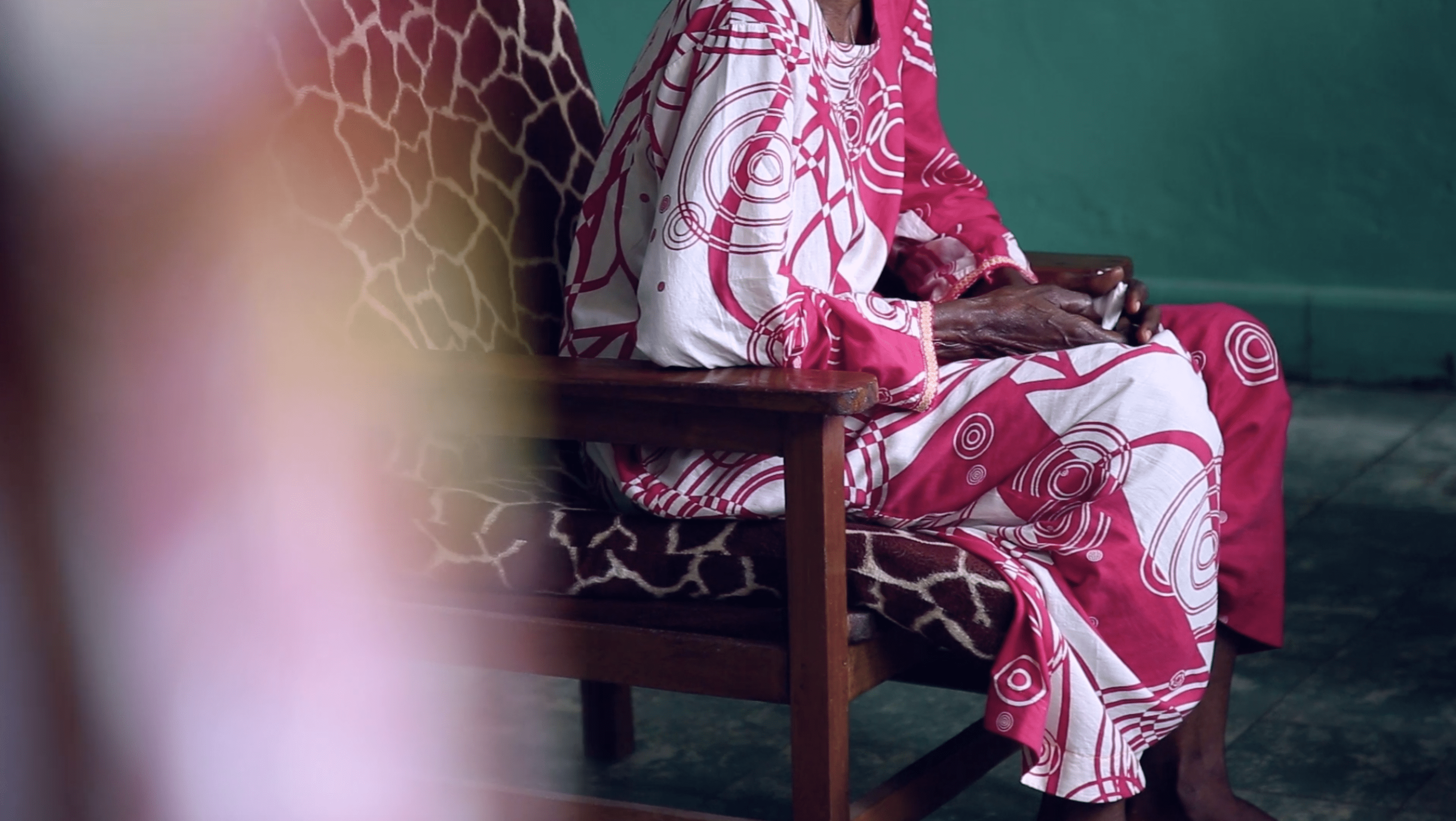When fighting breaks out between groups of armed men in Salamabila, eastern Democratic Republic of Congo (DRC), civilian women very often pay the price. Doctors Without Borders/Médecins Sans Frontières (MSF) teams treated 157 survivors of sexual violence in this area of Maniema province from April to November, 2018, with many patients saying their attacker was armed. Though the need for assistance is extremely high, MSF is the only organization providing care for survivors of sexual violence in Salamabila, in addition to other medical and mental health treatment.
“I don’t know if my mind will return to normal,” one survivor said. “Can it ever go back to normal after that?” The consequences these survivors face are often catastrophic: psychological trauma, stigmatization, HIV and other diseases, unwanted pregnancies, and rejection by husbands and families.
They are stressed; traumatized. It takes them a long time to talk again.
— Mama H., representative for families and children in Salamabila
The violence, which began in 2012 when fighting over access to gold deposits and land broke out, has gotten more widespread over time and more and more women have fallen victim. “We are living this conflict. But it’s their conflict,” said Mama H. “How will this conflict end?
Mama Edwina
“I went to the field, early in the morning, to collect cassava. I went alone.
I was washing the cassava when i saw a man holding a water can. He had a water can in his hand and a weapon on his back. He was in a fighter’s uniform and he was very strong. When we see fighter’s clothing, we shake with fear. He called to me and gave me the can. He wanted me to pump the water for him. I took the can and I pumped the water. He started to say bad things to me. I told him I’m too old for those things. That is wasn’t possible.
He kicked me. He was stronger than me. And he raped me.
After he finished, he picked up his can and left. When I got back to the house, a child helped me to find help. At the hospital, they asked me questions and the doctors examined me. I told them that it was very painful for me here. They gave me medication.
As I have children and grandchildren, I didn’t want to talk about what happened to me. At the hospital I recognize the women who have experienced the same thing. But in the villages, it’s more difficult. We are ashamed to tell people about it. We don’t talk about it.”
Mama H.
“If there are clashes, they come and they rape the women. They even rape pregnant women. Especially pregnant women and minors. And older women.
We lost two women here. After the violence, they stabbed them. Two women are dead. And the children are now orphans.
Even a 70-year-old woman, in front of her children. An old woman, in front of her children. If there is a clash, we wait. ‘Maybe they’ll come to my house. Maybe they’ll come to my place.’
They are stressed; traumatized. It takes them a long time to talk again. The conflict covers all of this territory. If there is a clash, we have these cases. A clash in the morning, we’ll have five, ten cases. They come, they knock. ‘Open up!’ They enter the house. First thing: ‘Give us your phone.’ You give them your phone. ‘Get on the bed.’
There are so many of us. We are living this conflict. But it’s their conflict. How will this conflict end? How?”





